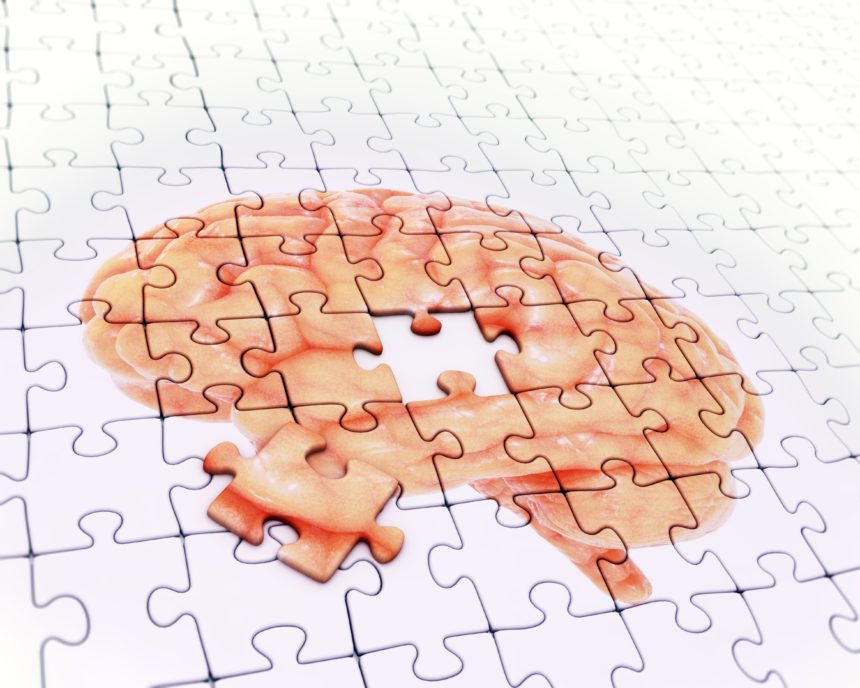
The Brain Care Score, a tool for evaluating dementia or stroke risk without medical procedures, may help predict which older adults will develop depression as they age, a new study finds.
The 21-point Brain Care Score, or BCS, incorporates 12 health-related factors including physical, lifestyle and social-emotional aspects of health. A higher BCS was linked with a lower risk of developing depression when people were 60 and up, according to a Frontiers in Psychiatry report published Tuesday.
The BCS measures blood pressure, cholesterol, hemoglobin A1c, body mass index, nutrition, alcohol consumption, exercise, sleep and smoking. It also assesses stress management, purposeful living and relationships.
Researchers evaluated data from 363,323 people in the UK Biobank study between 2006 and 2010. The participants took part in follow-up assessments three times over the next decade or so. People in the study were between 40 and 69.
For every five-point positive difference in their BCS, there was a 33% lower risk of late-life depression and a 27% lower composite risk of late-life depression, dementia and stroke over a follow-up period of 13 years on average. During the follow-up span, there were 6,628 incident cases of late-life depression.
“The Brain Care Score is a simple tool designed to help anyone in the world answer the question, ‘What can I do to take better care of my brain?’” Jonathan Rosand, MD, cofounder of the McCance Center for Brain Health at Massachusetts General Hospital and lead developer of the BCS, in a news release.
“This paper provides compelling evidence that raising your BCS is not only likely to make your brain healthier and more resistant to diseases like dementia and stroke, but that it also offers the hope of protection from depression,” Rosand added.
A higher BCS, indicative of healthier lifestyle choices, is significantly associated with a lower incidence of late-life depression and a composite brain health outcome, the authors noted.



